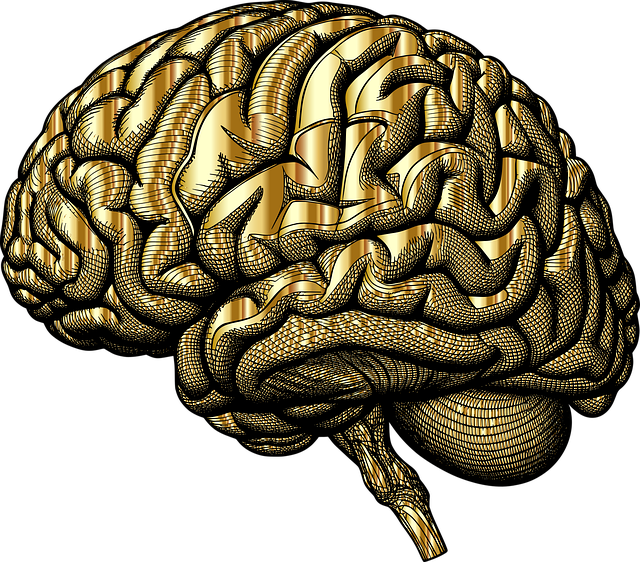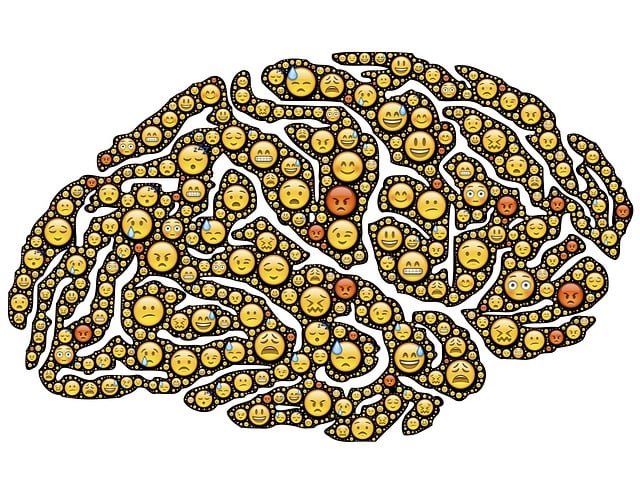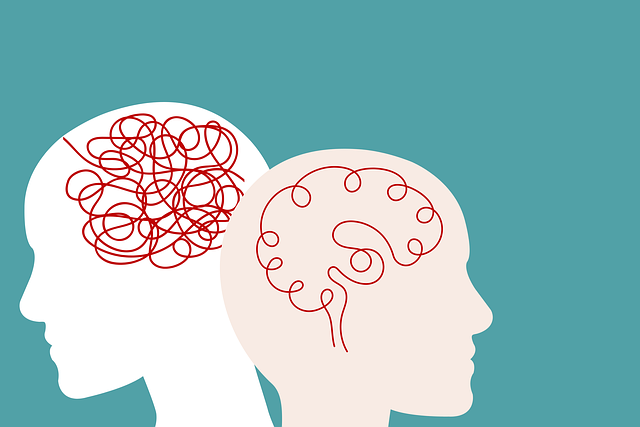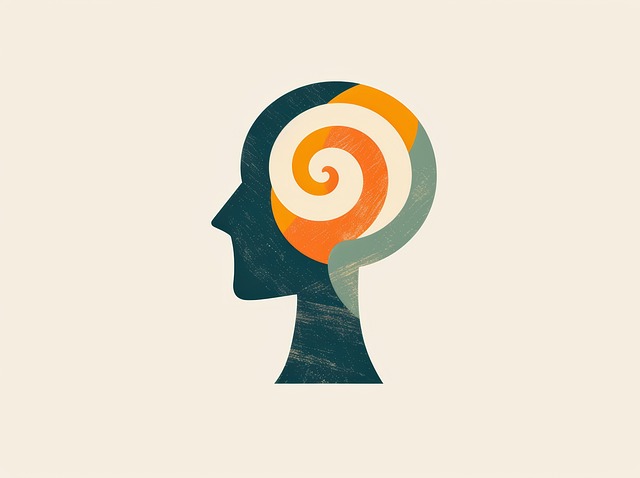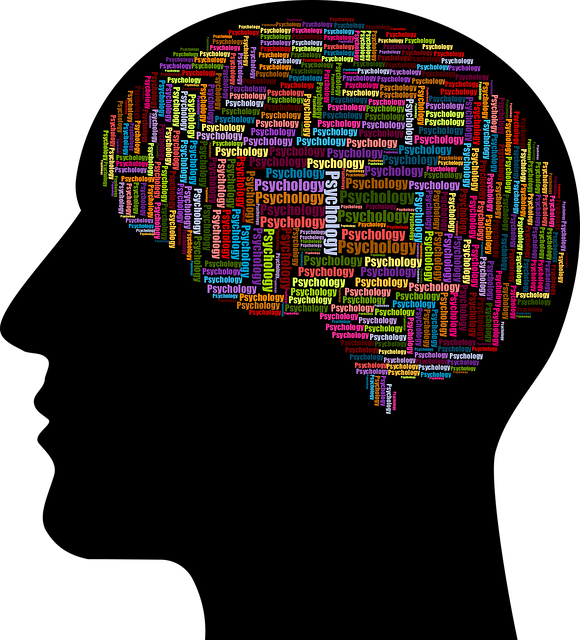Mental wellness self-assessment tools are crucial for both therapy for adults and therapists-clinicians, offering proactive mental health management through journaling exercises and coaching programs. These assessments aid in early issue detection, form the basis for personalized therapy strategies, and prevent therapist burnout by monitoring client progress. Designing effective tools requires a blend of psychological insights, cultural competency, and burnout prevention, with special focus on depression prevention measures. Accessibility and usability ensure their utility across diverse backgrounds, transforming therapy practices and improving outcomes for both therapists and clients in therapy for adults and therapists-clinicians.
Mental wellness self-assessment tools play a pivotal role in therapy for adults, empowering individuals to take charge of their mental health. This article delves into the development and importance of these assessment tools, focusing on their application in adult therapy. We explore effective designing principles tailored for therapists-clinicians, highlighting how self-assessments can enhance clinical practice and patient outcomes. By understanding these tools, professionals can better support clients on their journey to improved mental wellness.
- Understanding Mental Wellness Self-Assessment Tools
- Designing Effective Tools for Adult Therapy
- Integrating Self-Assessment into Therapist-Clinician Practice
Understanding Mental Wellness Self-Assessment Tools

Mental wellness self-assessment tools play a pivotal role in both therapy for adults and guidance for therapists-clinicians. These tools are designed to help individuals gain deeper insights into their mental health, facilitating proactive management and informed decision-making. By integrating mental wellness journaling exercises and leveraging coaching programs development, professionals can empower clients to navigate stress, anxiety, and other challenges effectively. Such assessments not only aid in identifying potential issues early on but also serve as a foundation for personalized therapy strategies, enhancing overall well-being.
In the context of burnout prevention, mental wellness self-assessment tools are invaluable. They enable therapists and clinicians to monitor clients’ progress, recognize warning signs of professional exhaustion, and adjust treatment plans accordingly. Through regular use in both therapeutic settings and personal development routines, these tools foster a holistic approach to mental wellness, ensuring individuals stay resilient and balanced. This proactive stance can significantly contribute to the success of therapy for adults, promoting long-term mental health sustainability.
Designing Effective Tools for Adult Therapy

Designing effective self-assessment tools for adult therapy requires a deep understanding of both psychological principles and the unique needs of therapists and their clients. These tools play a pivotal role in guiding therapy sessions, facilitating personal growth, and promoting mental wellness. For therapists, well-crafted assessments can serve as powerful facilitators, allowing them to tailor interventions precisely to individual needs. Incorporating elements such as evidence-based practices, cultural competency, and burnout prevention strategies for healthcare providers ensures that the tools remain both effective and relevant in diverse therapeutic settings.
Considerable thought should be given to the integration of depression prevention measures within these assessments, as early identification and intervention can significantly mitigate risks. By incorporating up-to-date research and best practices, therapists can create a supportive environment where clients feel empowered to take charge of their mental health journey. Moreover, the design process must account for accessibility and usability, ensuring that healthcare providers from various backgrounds can confidently utilize these tools to enhance therapy outcomes.
Integrating Self-Assessment into Therapist-Clinician Practice

Integrating self-assessment tools into therapy practices has become an invaluable asset for therapists and clinicians working with adults. These assessments provide a comprehensive overview of a client’s mental wellness, allowing professionals to tailor their treatment approaches effectively. By incorporating self-assessment, therapists can gain valuable insights into their clients’ experiences, perceptions, and emotional states, which are crucial for formulating personalized therapy plans. This strategy enables therapists to address specific concerns, such as depression prevention, and implement evidence-based interventions tailored to individual needs.
For therapists, integrating these tools offers a practical way to enhance clinical decision-making and improve treatment outcomes. Self-assessments can be used at the beginning of therapy to establish a baseline, helping clinicians understand the client’s current mental health status. Additionally, regular self-assessment throughout the therapeutic journey enables therapists to monitor progress, identify setbacks, and adjust strategies accordingly. This proactive approach not only benefits individual clients but also contributes to the overall success of community outreach program implementations focused on stress reduction methods.
Mental wellness self-assessment tools play a pivotal role in therapy for adults, empowering both therapists and clients by offering a structured yet personalized approach. By integrating these tools into practice, therapists-clinicians can enhance their ability to understand and address individual needs effectively. This article has explored the development process, from understanding key concepts to practical integration strategies, providing valuable insights for those seeking to improve mental wellness through evidence-based practices in adult therapy.

